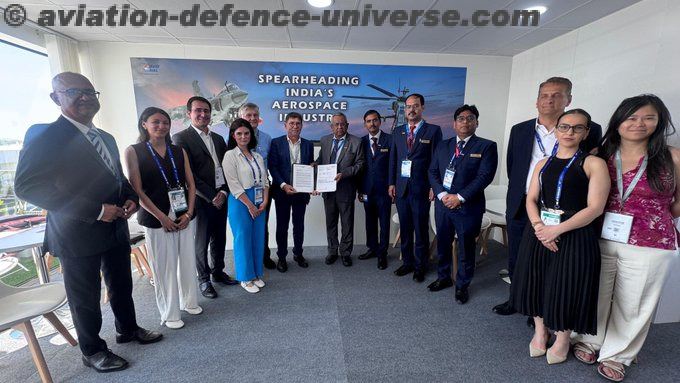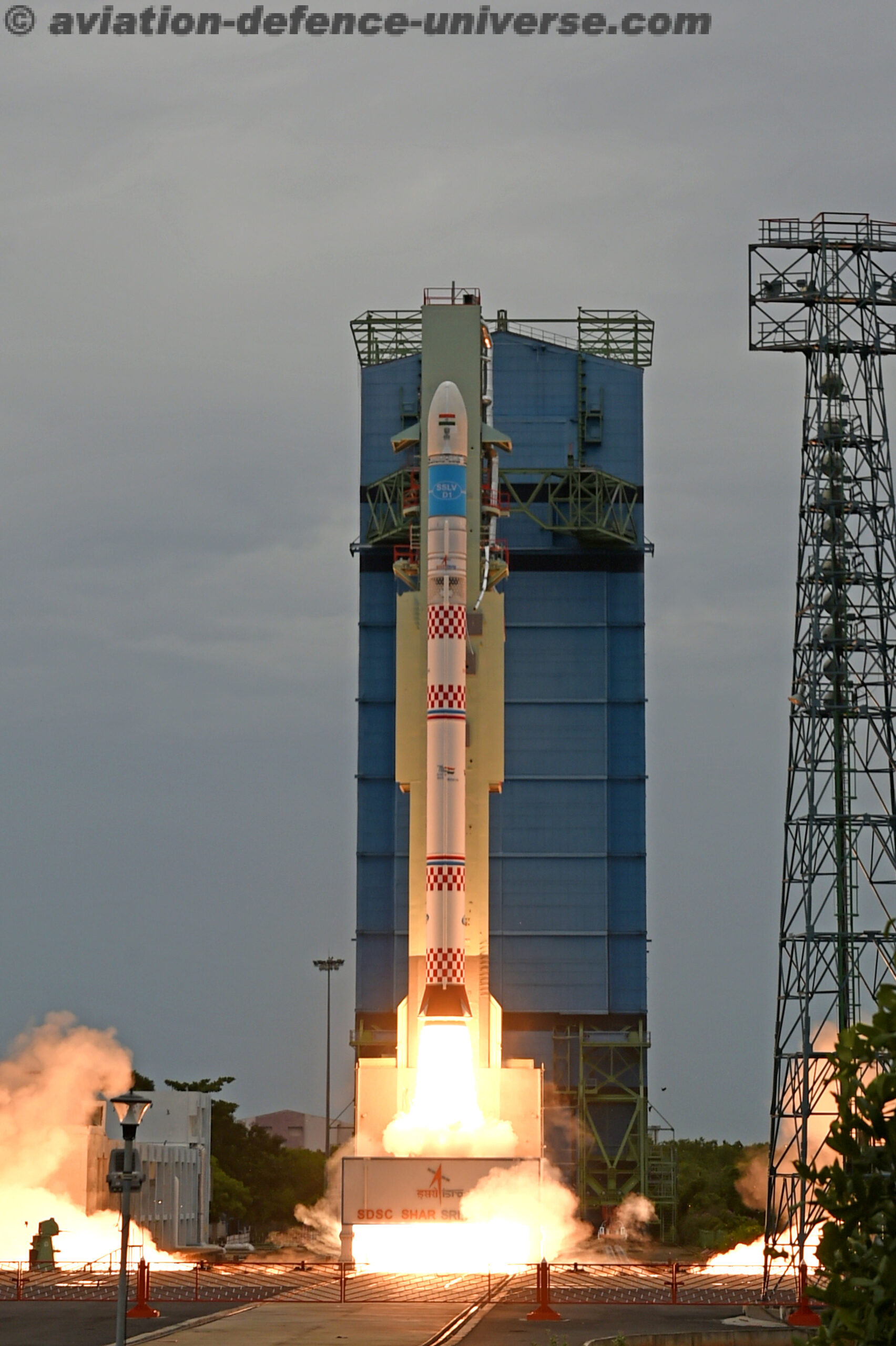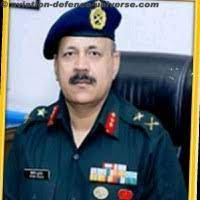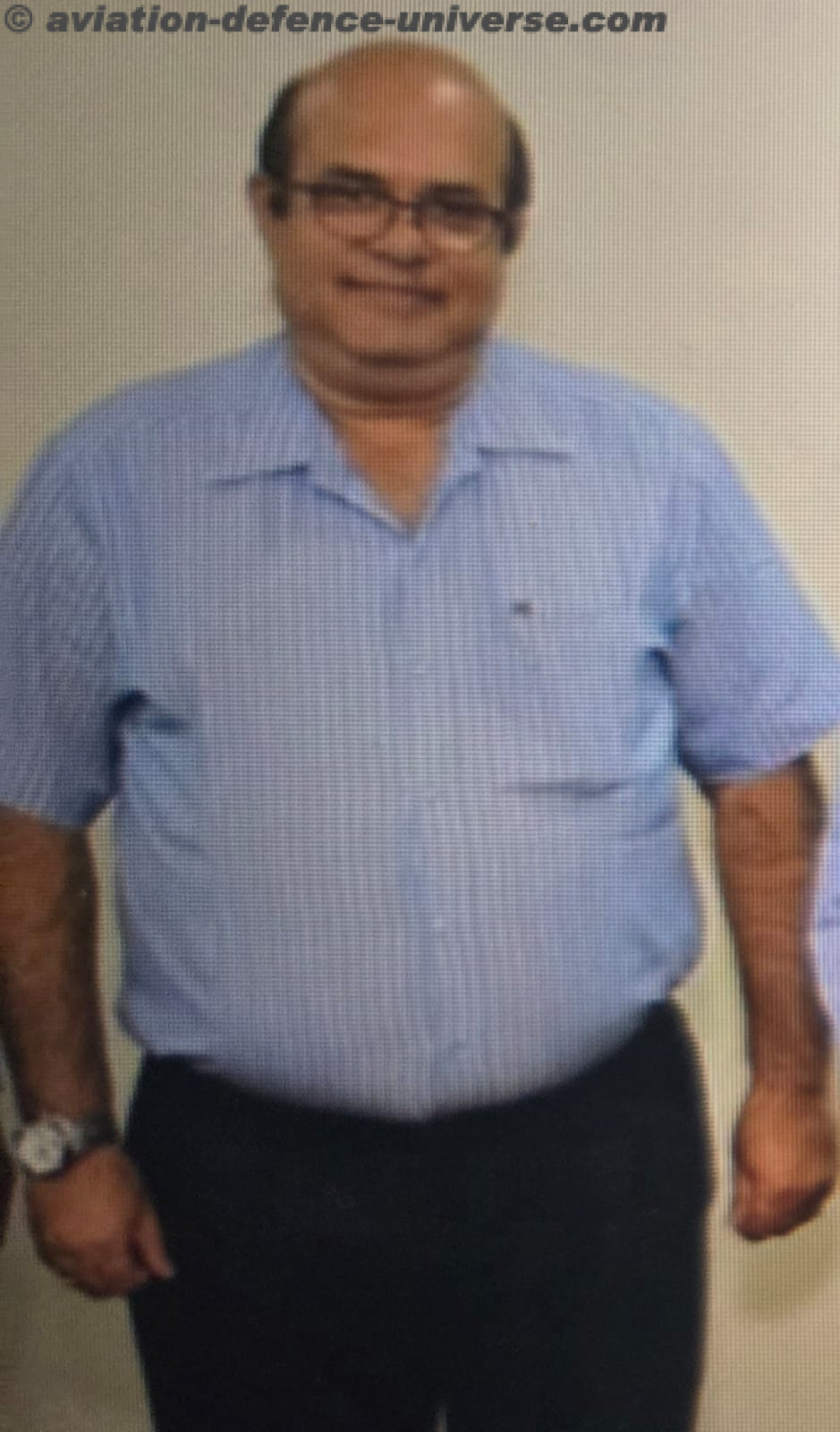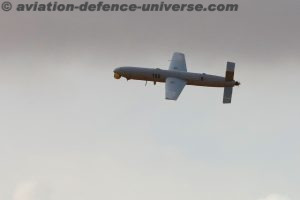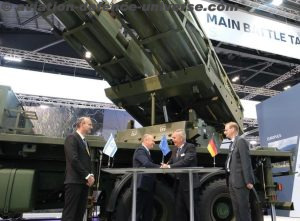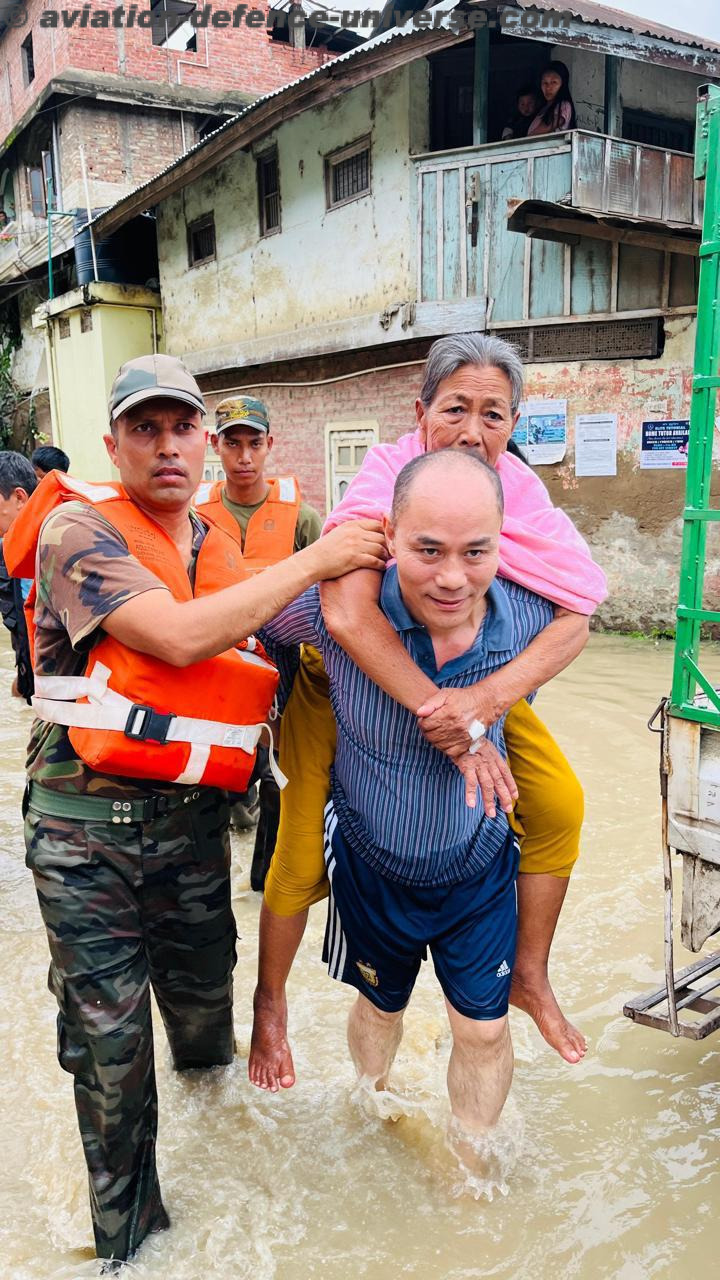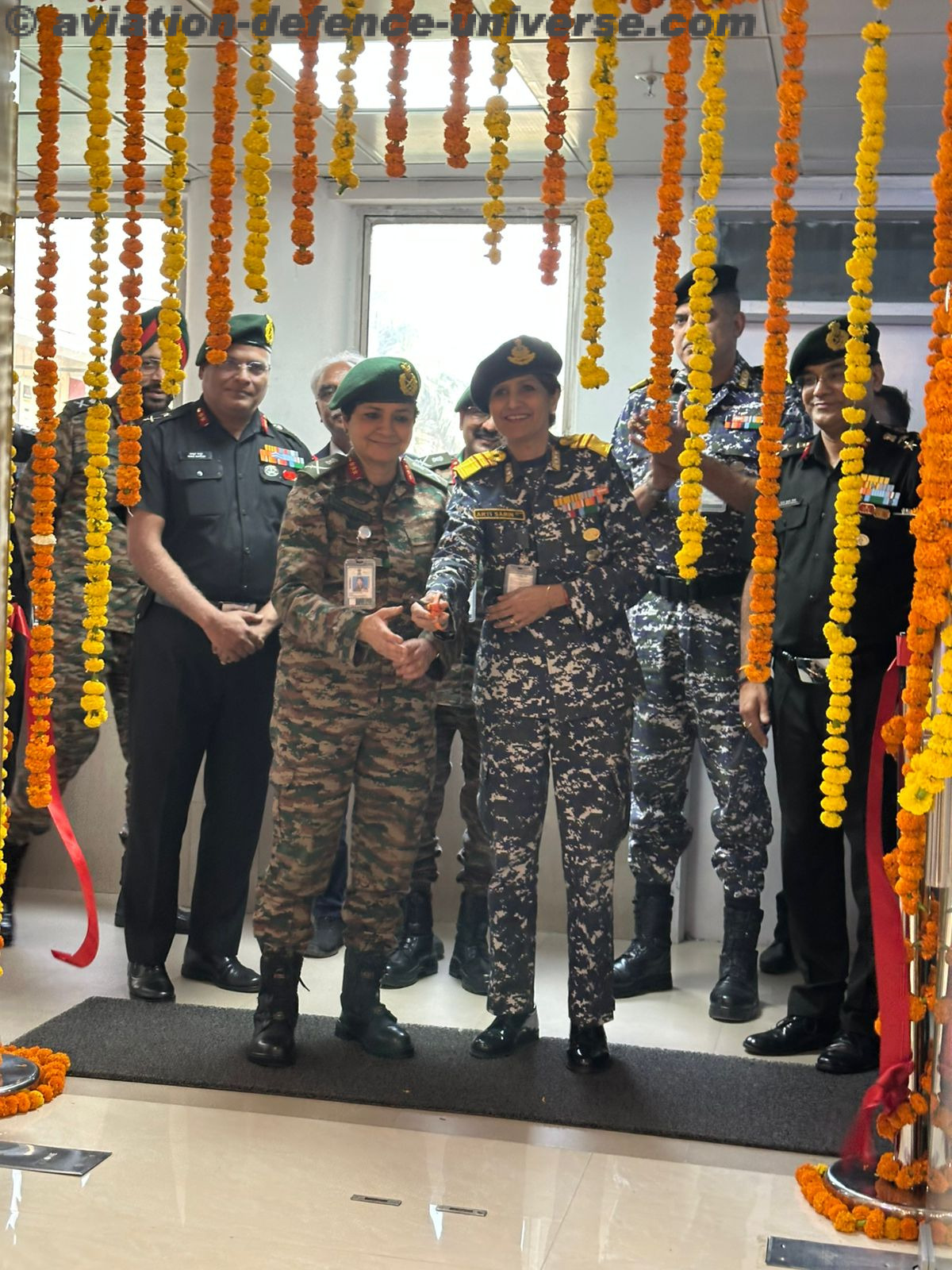London. 31 August 2023. Referred to by the UK Ministry of Defence as the “moral component of war”, defence medical capabilities lie at the heart of effective military operations. Throughout history, defence and the development of cutting-edge medtech have been heavily intertwined. Today it’s no different, and as capabilities continue to become more sophisticated, naturally, medtech has continued to evolve to respond to the changing character of twenty-first century conflicts.
On display at Defence and Security Equipment International (DSEI), to be held on the 12th-15th September this year, will be the latest advances in military medtech that have been designed to offer quick, effective solutions to save lives on the front line. It’s the first DSEI since the Russian invasion of Ukraine and the conflict has shown that despite significant technological advances in autonomous equipment, there will always be a human component in warfare. With this, comes the need to develop medtech to respond quickly to injury, minimising casualties.
This year the Medical Hub, supported by Defence Medical Services (DMS), is set to host companies from not only the defence sector, but also from the broader medical industry. One such company is Cambridge-based CambCol, which shares a close working relationship with the University of Cambridge. It is the developer of the solution ClottaTM, a collagen emergency haemostatic sponge. These trauma haemostat dressings target cells to clot blood instead of simply stopping the bleed. While its traditional use case is broad – delivering rapid wound healing that suits a range of situations, it is also an incredibly valuable solution for defence sector. Like other DSEI exhibitors, CambCol’s solution is currently being used daily, supporting Ukrainian forces on the front line.
Also exhibiting at DSEI is TacMed, a US, veteran-founded company that develops not only equipment such as tourniquets and bandages but also advanced simulation and training aids to ensure first responders (civilian or military) can respond effectively in a whole host of environments, and to a spectrum of complex injuries. TacMed has to date been supplying Ukraine with SOF tourniquets and Blast Bandages that have been instrumental to troops fighting in the field.
Held at the ExCeL in London, this year’s DSEI’s central focus is “Achieving an Integrated Force”. This not only refers to multi-domain integration, but also encompasses interoperability within forces. Specifically, how you can improve logistics and fortify supply chains to give units the resources to succeed. Medtech plays a key role and can have a profound impact on the operational effectiveness of forces. Knowing that there is effective care available in case of injury impacts the morale, motivation and overall operational readiness of military units which can give a significant advantage.
Alongside the exciting exhibitors, alongside DSEI this year the medical conference NATO’s Committee of the Chiefs of Military Medical Services (COMEDS) will also take place. A whole host of high-calibre speakers will talk on defence medical matters. One of which includes the UK’ s Surgeon General, Timothy Hodgetts. Major General Tetiana Ostashchenko, Commander of the Medical Forces of the Armed Forces of Ukraine will also address the COMEDS conference.
Grant Burgham, DSEI Director, commented:
“We are grateful to have the support of Defence Medical Services at DSEI’s Medical Hub. It is one of the most dynamic and innovative areas of DSEI. Researchers and top healthcare professionals are constantly working to solve complex issues to save lives on the front line. Given the sustained importance of this area, especially as we see conflict having returned to Europe, we’re thrilled to be hosting the COMEDS conference and to welcome such a blend of forward-thinking institutions across government, academia and industry”.














